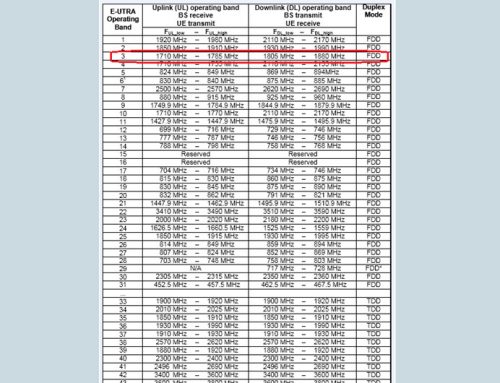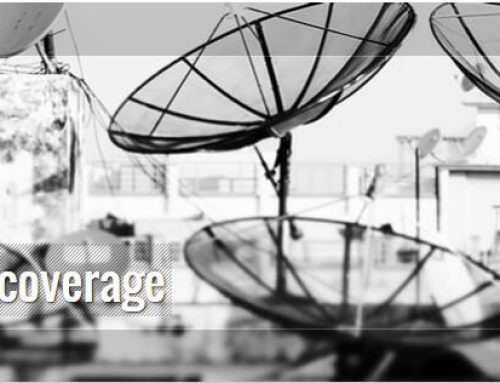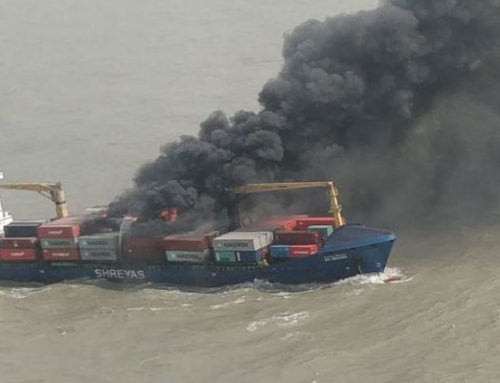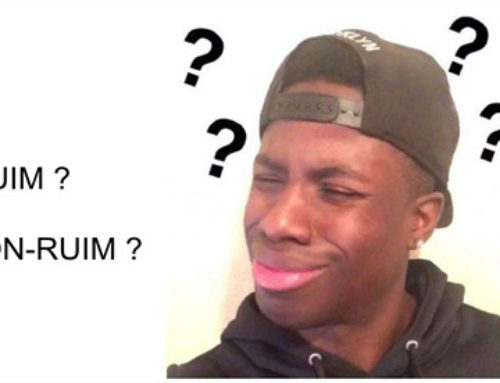Anatel plans to start blocking pirated cell phone in October 2017
Decision needs a new endorsement of the council, but objective is to deactivate devices with irregular IMEI and without homologation of the agency. Owners begin to be notified on July 30.
The Brazilian National Communications Authority (ANATEL) is the official body responsible for the recognition of communications products. All communication products must apply for ANATEL verification. All products must be tested at the Brazilian domestic laboratory.
ANATEL plans to start blocking pirated cell phones from October. The action will reach only the irregular devices activated as of July 30, the day that owners of these devices receive warnings from operators to regularize their situation. According to agency estimates, of the 242 million mobile accesses, 13 million are illegal cell phones.
The decision was closed at a board meeting in April, but dealt only with the administrative scope, closed to the public. At the meeting on Wednesday (24), the councilors decided to re-examine the initiative in a new meeting, but this time will include it in the agenda, whose discussion is open. Therefore, the dates for beginning the implementation of the blockades may change, explains Maria Lúcia Bardi, Superintendent of Planning and Regulation of Anatel.
READ MORE Using pirated cell phone can earn a fine of up to R $ 3 million, says Anatel
What is a pirate cell phone?
The cell phones targeted by the blockade are all those that use the chip and access the mobile network of the operators, such as tablets and credit card machines, but they have not been approved by Anatel and do not have a valid IMEI number.
This code is registered by the GSMA, an international body that brings together mobile companies, and functions as the identity of each device. When a device uses an operator’s network, its IMEI is registered. The approval is a certification that the mobile phone is within the technical parameters required by the agency and that its operation will not interfere with the radiofrequency of other electronics – authorized devices receive an Anatel seal, which can be found on the packaging or on the devices themselves .
According to the superintendent, terminals brought in from other countries, even though they have not received homologation, will not be affected. The goal, she says, is to bar smuggled or stolen devices, and to get back to the market, they received an irregular IMEI.
Schedule
The notices begin to be sent by operators to their customers as of July 30. After 75 days of notice being received, cell phones are definitely blocked.
The initial idea was for the notifications to begin on June 30, but carriers called for a longer deadline to organize better customer service. All seven (Oi, Tim, Vivo, Claro, Sercomtel, Nextel and Algar) are subject to determination.
The start of the blockade is a deployment of the Integrated Device Management System (Siga), implemented in 2014 and operated by ABR Telecom, which is already responsible for the administration of number portability and the system that blocks stolen cell phones, the National Registry of Mobile Stations Impedidas (Cemi).
In addition to Anatel and ABR Telecom, the handset manufacturers are also involved in the operation, represented by the Brazilian Association of the Electronics and Electronic Industry (Abinee).
What happens to the old pirates?
During the two years it worked, Siga recorded an active base of 13 million cellphones pirates. Each month, 1 million new irregulars become operational.
Anatel decided not to block these devices. “It’s not liberating, it’s recognizing that on this legacy basis, because you do not have information at the time, you have a good user in good faith. The guy did not have the money and bought anything. Nowadays, there are more approved and affordable handsets. “
All DOBRY communication products use legal IMEI numbers which are published by GSMA. Every IMEI is unique.
Althought not all countries block priated irregular IMEI mobile phone and landline phone currently, users had better use legal IMEI devices. Wireless telephones without approval, for example, can affect communications between aircraft and control towers, which can cause accidents.





